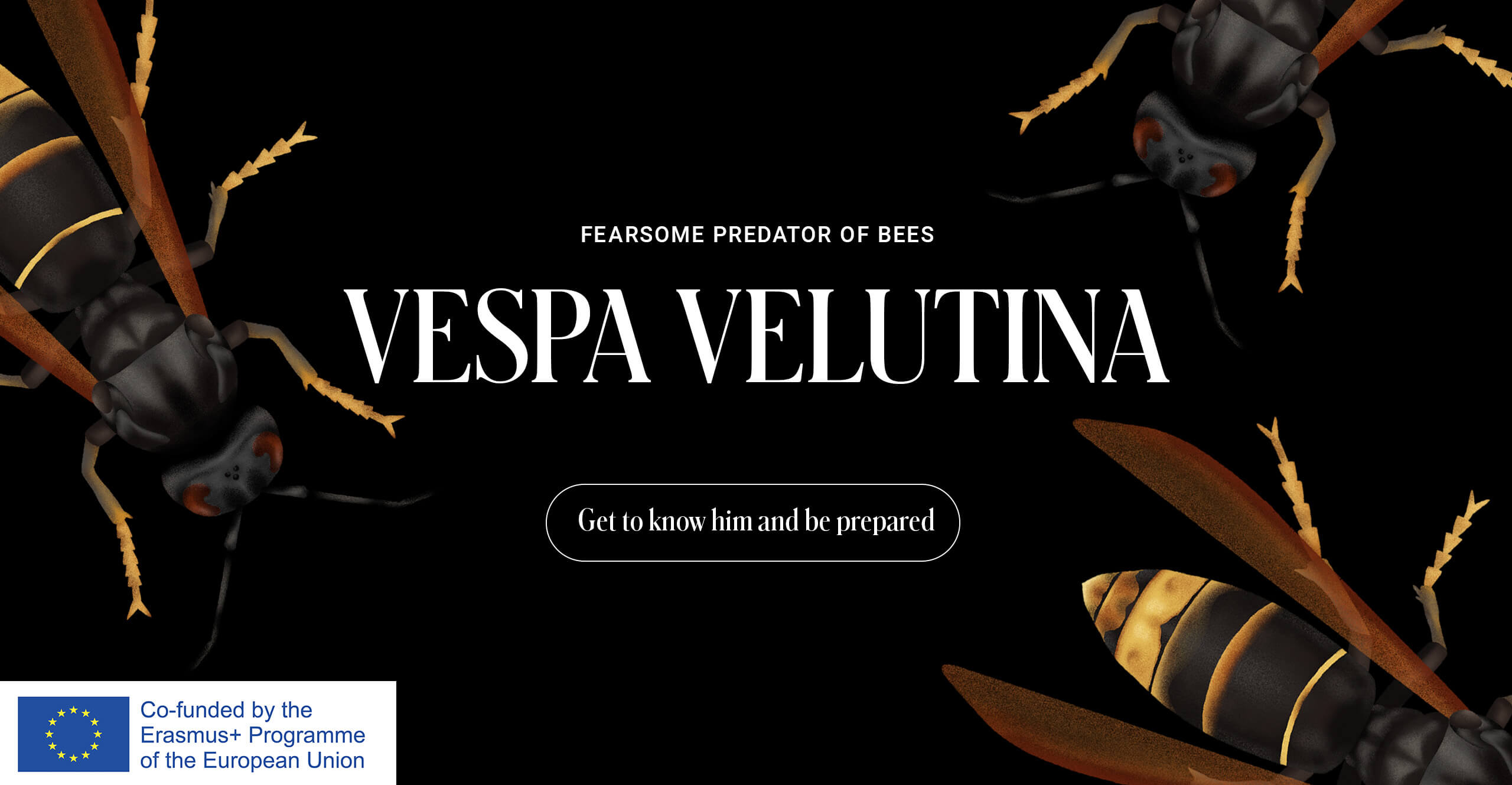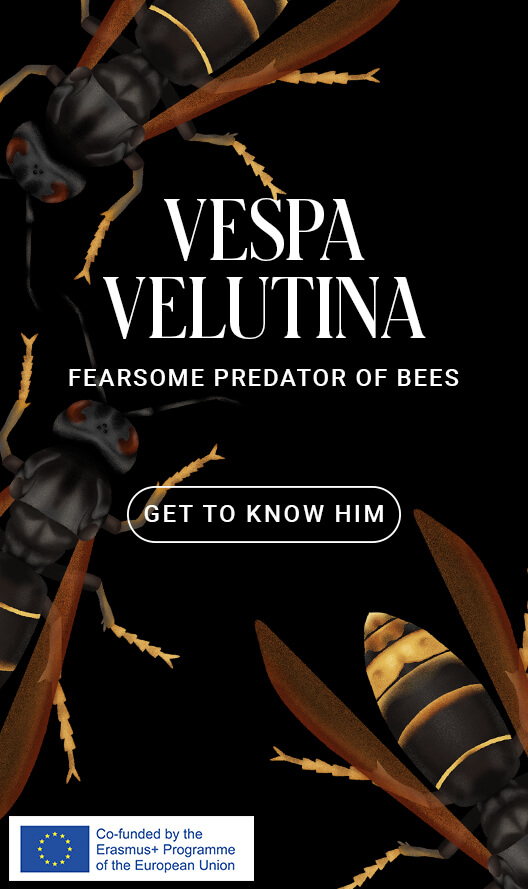INITIATIVE
„BLESABEE is an international network to connect multiple actors to move towards chemical-free beekeeping, healthy bees and healthy humans. Here you can find testimonials, good practices and recommendations from experts who shape the current beekeeping agenda as well as inspiring and motivating stories of beekeepers.“
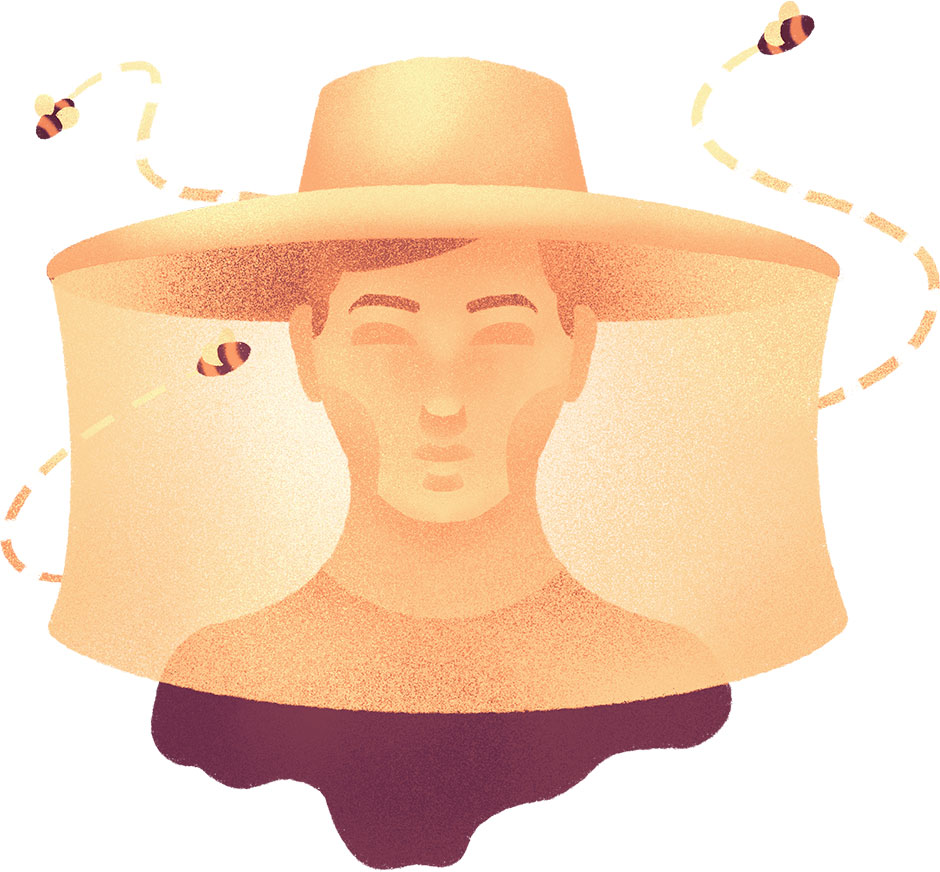
PARTNERS
Platform initiators are organizations whose mission is to carry out research, education and development of apiculture at national and international level.
The European Commission’s support for the production of this publication does not constitute an endorsement of the contents, which reflect the views only of the authors, and the Commission cannot be held responsible for any use which may be made of the information contained therein.
Die Unterstützung der Europäischen Kommission für die Erstellung dieser Veröffentlichung stellt keine. Billigung des Inhalts dar, welcher nur die Ansichten der Verfasser wiedergibt, und die Kommission kann nicht für eine etwaige Verwendung der darin enthaltenen Informationen haftbar gemacht werden.
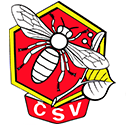

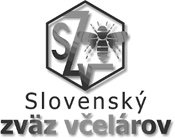
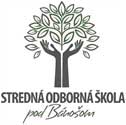










The worldwide situation for bees is clear. Loss of landscape diversity and bee pasture, contaminated water, multiple pesticides and fungicides contaminating pollen are some of the most communicated reasons why honeybees are dying. In addition, the mite Varroa destructor and viruses significantly worsen the survival of honeybees. These are some stress factors contributing to massive colony losses over the past 20 years all over the world. We are losing pollinators and, along with them, hundreds of years of developing beekeepers’ traditions, for whom, beekeeping is a livelihood and lasting fulfillment in life. To increase the survival chances of bees, we need to know their needs and improve their health and vitality. We need to :
B
Minimize the amount and type of poisons present inside and outside of beehives.
C
Stop treating with chemicals the honeybee colonies infected with Varroa mites.
D
Ensure a continuous supply of clean water, nectar and diverse pollen from spring to autumn.
CHAPTERS
B
Factors threatening the life of bees
Bees are exposed to an increasing pressure resulting from environmental pollution and loss of their natural habitat. Which honeybee products are the most contaminated and how do pesticides accumulate and interact with each other? Are wax uncapping from fresh honeycombs suitable for the production of wax foundations? Can the contact with acaricides have negative effect on the ability of honeybees and the brood to resist viral infections? These are only few from many questions that we asked the researcher and beekeeper Dr. Romani Slavík.
External
Stress Factors
Internal
Stress Factors
„Reducing harmful substances that damage honeybee health and their immune system remains the most important task not only for beekeepers, but for all those who make decisions and influence our country’s development.“
C
Annual chemical-free treatment plan against Varroa mites
The presence of Varroa mites has fundamentally changed beekeeping practices. After more than thirty years of controlling mites by means of pesticides, we have to acknowledge that today’s situation is much worse than when we started. The solution is to learn new, chemical-free methods, which are based on deep knowledge about the biology of pests and honeybees. These various biotechnical methods allow us to practice beekeeping without synthetic harmful substances and aggressive organic acids.
Biology of varroa
Destructor
Biotechnical
methods
Heat treatment
of capped brood
Treatment of mites
attached on bees
Prof. Wolfgang Wimmer
Expert | Ecodesign company GmbH | AT
Prof. Wolfgang Wimmer teaches how to successfully control the Varroa mites by means of the heat treatment method. For this purpose, he created an annual plan that explains how to combat Varroa mites throughout the year without the use of chemicals.
„I am fully convinced that we cannot expect having healthier bees with putting more chemicals into the beehives.“
Prof. Wolfgang Wimmer
Expert | Ecodesign company GmbH | AT
Prof. Wolfgang Wimmer teaches how to successfully control the Varroa mites by means of the heat treatment method. For this purpose, he created an annual plan that explains how to combat Varroa mites throughout the year without the use of chemicals.
„I am fully convinced that we cannot expect having healthier bees with putting more chemicals into the beehives.“
Rosa Käfer
Beekeeper, Uttendorf
Listen to the truthful story of Rosa Käfer, a beekeeper from Uttendorf in Austria about her beekeeping beginnings and her reasons to buy the Varroa Controller for her very first beehive.
„My colleagues laughed at me. I could read their thoughts very well. I always planned to increase step-by-step the number of my beehives, multiply them and sell them.“
Rosa Käfer
Včelárka, Uttendorf
Listen to the truthful story of Rosa Käfer, a beekeeper from Uttendorf in Austria about her beekeeping beginnings and her reasons to buy the Varroa Controller for her very first beehive.
„My colleagues laughed at me. I could read their thoughts very well. I always planned to increase step-by-step the number of my beehives, multiply them and sell them. My decision to buy a Varroa Controller at the same time as my first bee colony was right, because caring for bees starts with the first hive and not with the fifth, sixth, or tenth colony.“
D
Factors contributing to bee health
Beekeeping is a demanding activity, because it combines many factors and interdisciplinary knowledge that influence each other. A presumable weak factor might become dominant and determine the success of beekeeping. Not only the queens genetics, but also the way of thinking of the beekeepers and his/her ability to respond to changes and to constantly acquire new knowledge are important key factors.
Queen Breeding
and Genetics
Honeybee
Management
Quality of Honeybee
Pasture
Closed Wax
Cycle
Honeybee Symbiotic
Organisms
Importance of Propolis
to Bees
E
Beekeeping Practical Calendar and online tests provide additional advices and knowledge.
F
Vespa velutina
Have you heard about the fearsome Vespa velutina, the Asian hornet that is spreading across Europe? How did it get here, and what are the reasons for its massive invasion in our continent? What threat does it pose to biodiversity and the health of the population? What are its impacts on beekeeping? How much influence do climate change, human economic activities and legislative measures have on its spreading? Read this section to find out how it really is and what can be done about it.
This Chapter is a result of the project N°2021-1-SK01-KA220-VET-000033144.
Project Results
Presentation
The Vespa velutina
Technical Guide
Information
for Public
Information
about the project
EVENTS
Webinar Vespa velutina
DATUM
15. January 2023
PLACE
Online webinar (Wien)
The Speaker
Dr. Lukas Seehausen from CABI (Switzerland):
https://www.cabi.org/cabi-
Conference BEFORE IT IS TOO LATE
DATE
23 February 2023
PLACE
Praha, Slezská ul. 100/7,
State Veterinary Institue
REGISTRATION AND PROGRAM
https://www.psnv.cz/clanek/oznameni/driv-nez-bude-pozde-srsen-asijska/
Vespa velutina – Before it is too late
Dátum:
16 September 2023, 10:30 -15:00
Miesto:
SOŠ Pod Bánošom, Banska Bystrica
The program of the conference can be seen HERE.
The presentations will be translated into Slovak language.
EXPERTS

Dr. HELENA PROKOVÁ
SLOVAKIA
Coordinator of the international network of beekeepers using hyperthermia in beekeeping, beekeeping lecturer at FVES in Uherské Hradiště (CZ), active beekeeper, coordinator of BLESABEE international network

Ing. PAVEL FIĽO
SLOVAKIA
Director of the Secondary Vocational School in Banská Bystrica (SK) with focus on beekeeping, member of the Executive Committee of Slovak Beekeeping Association (SZV), lecturer for beekeeping, National Coordinator of International Non-Profit Organization of Young Beekeepers (IMYB)

Doc. Ing. RÓBERT CHLEBO, PhD.
SLOVAKIA
Lecturer and researcher at the Slovak University of Agriculture in Nitra specializing in beekeeping. SZV Vice-Chairman for Foreign Relations, coordinator of the European monitoring group of colony deaths COLOSS for the Slovak Republic and member of the EIP-AGRI Expert Group of the European Commission for Sustainable Apiculture and active beekeeper.

Dr. Juraj Toporčák
SLOVAKIA
Lecturer and researcher at the University of Veterinary Medicine and Pharmacy in Košice, visiting university lecturer at foreign European universities and vocational schools

Dr. Roman Slavík
CZECH REPUBLIC
Chemical engineer, specialist in environmental quality and environmental technologies, university lecturer at FVES in Uherské Hradiště, chairman of the Czech Beekeepers Association, (CZV OO Zlín) and active beekeeper.

Ing. JIŘÍ KALENDA
CZECH REPUBLIC
Chairman of the Czech Beekeepers Association Zlín (CZV OO Zlin), member of the committee and bee health veterinary officer of the CZV, OO Zlín, lecturer of the CSV, z.s., organizer of the national beekeeping competition Česká včela and the annual national event Beekeeping Academy.

Prof. WOLFGANG WIMMER
AUSTRIA
Active beekeeper, inventor of the Varroa Controller, professor at the Technical University of Vienna, Managing Director of the ECODESIGN company GmbH, holder of three gold medals for dry honey wine Medula & Wolfgang

Ing. DANIEL PFEIFENBERGER
AUSTRIA
Professional beekeeper, beekeeping expert, co-owner and beekeeper of the Bienenhof center in Salzburg, holder of the silver medal of the World Spirit Award 2018 for his honey infused gin GIN BIEN

KURT TRATSCH
AUSTRIA
Professional beekeeper, lecturer at the beekeeping vocational school in Warth, Lower Austria. In 2002-2003 he worked as a master beekeeper in Chile. Currently manages 300 colonies along with his wife Renate Tratsch, with whom he runs also the queen breeding station.
CONTACT
Should you have more questions? Would you like to join us or support us?
We’d love to hear your feedback. Contact us.
Copyright © 2024. BLESABEE Initiative. All rights reserved.
handmade by studio pajerchin
Copyright © 2024. BLESABEE Initiative.
All rights reserved.
handmade by studio pajerchin
